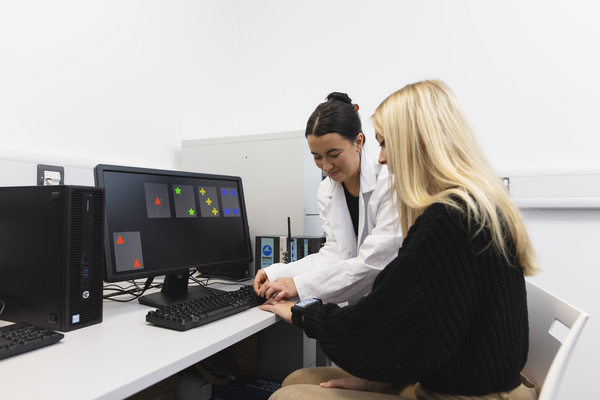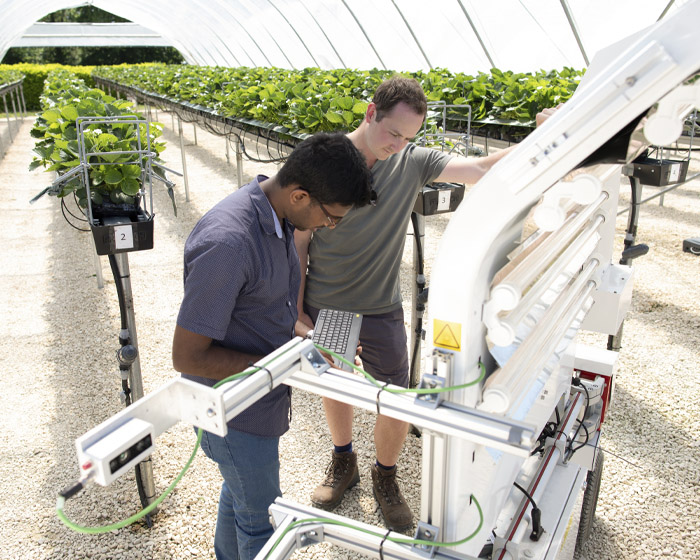Project Title:
Solid Solutions towards Design and Analysis of Flexible Molecular Crystals
Project Description:
Crystals are typically mechanically brittle; they readily shatter or cleave into smaller fragments with little sign of elastic or plastic deformation. However, a growing number of molecular crystals have recently been observed to exhibit elastic or plastic flexibility rather than brittleness, prompting intense research into their potential applications.[1] Despite this progress, a gap remains between these observations of flexibility and the theoretical understanding of why certain molecular crystals can or should deform (through bending, twisting, expansion, or compression). Although recent efforts have aimed to standardise analysis and enable the fitting of molecular models, it is clear that significant scope remains for deeper insight to support the design and application of such materials. Relevant applications include formulation science, the pharmaceutical industry, electronics (including flexible electronics), light-guiding components, monochromators, and technologies where crystalline responses to stimuli such as light, heat, or guest inclusion in porous materials are essential.[2]
Typical characterisation involves deforming crystals using three-point bending or tensile tests, yet these methods rarely produce clear, complete stress-strain relationships for all relevant crystallographic directions. Because crystals are anisotropic, understanding mechanical properties along key directions is essential for uncovering the molecular origins of their behaviour. Under this Leverhulme Trust–sponsored project, the design and construction of novel apparatus (a "flexometer") will enable direct connection between mechanical response and the crystallographic insights provided by the underlying crystal structure.
The project will therefore encompass the design and characterisation of molecular materials, with an emphasis on creating solid solutions to tune mechanical behaviour. This includes crystal structure determination and mechanical analysis in relation to crystal morphology. The approach will be benchmarked against known materials, enabling the design of new systems and the modulation of properties of interest, including elasticity, optical behaviour, and host-guest chemistry.
[1] Elastically flexible molecular crystals, A. J. Thompson, A. I. Chamorro Orue, A. J. Nair, J. R. Price, J. McMurtrie, J. K. Clegg, Chem. Soc. Rev., 2021, 50, 11725, DOI:https://doi.org/10.1039/D1CS00469G
[2] Inflatable porous organic crystals, A. I. Vicatos, L. Loots, G. Mathada, J. Drweska, A, M. Janiak, L. J. Barbour, Nat. Mater., 2025, DOI:https://doi.org/10.1038/s41563-025-02393-6
Funding Notes:
This is a fully funded studentship for 3.5 years, applicable to Home applicants only. It covers all fees and provides an annual stipend of £20,780 paid in monthly instalments. Opportunities for collaboration and/or conference attendance are also available and will be supported and encouraged.
How to Apply
To make an application please email LBarbour@lincoln.ac.uk, providing a copy of your CV and a supporting statement outlining how your expertise and interests are relevant to the project.
Applications will be considered as they are received and remain open until a suitable candidate is found.
For enquiries about the project please contact Professor Len Barbour (LBarbour@lincoln.ac.uk) and Dr Gareth Lloyd (glloyd@lincoln.ac.uk).

/prod01/university-of-lincoln-cdn-pxl/media/responsive2017/research/newresearch/Studentships,banner2,1600X600.jpg )
